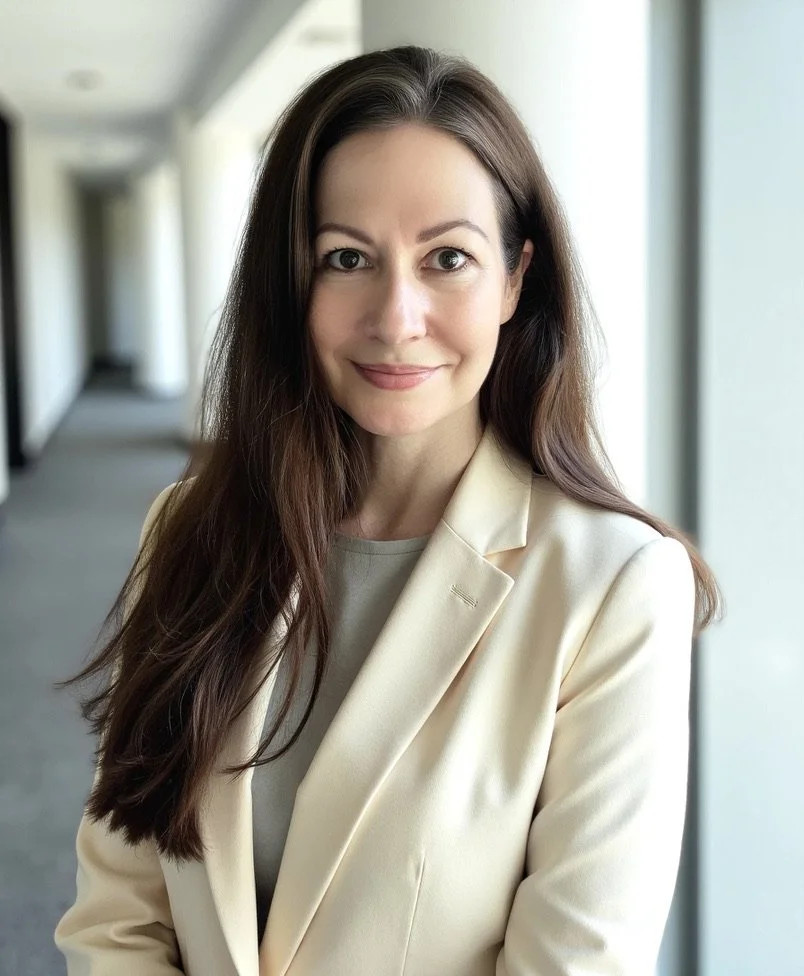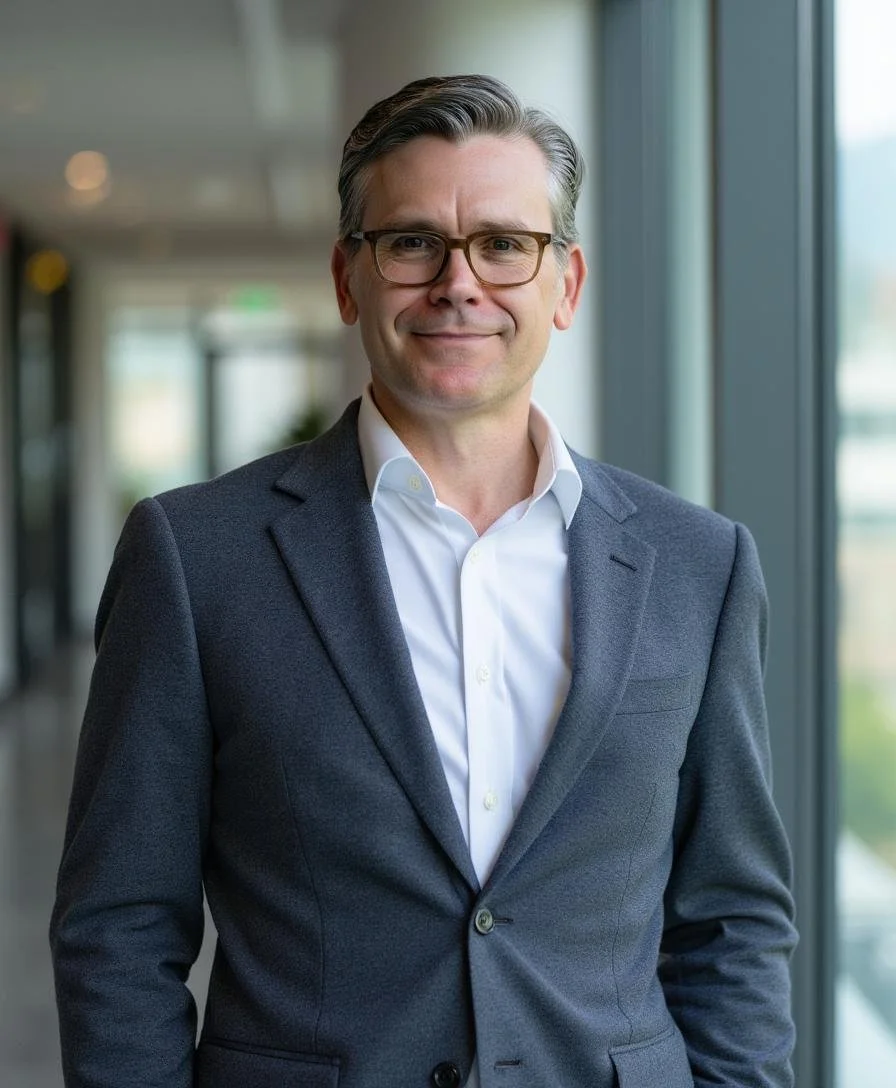Concord (noun)
Agreement by stipulation, compact, or covenant
(in music): A stable, harmonious combination of tones
About The Concord Project
The Concord Project was founded to pilot and scale practical, non-partisan initiatives that strengthen democracy.
Our approach is practical, collaborative, and targeted—seeking to find and fill gaps where other democracy defenders may not (or cannot) be working.
The Concord Project builds on decades of experience strengthening democracy in every region—and every type of political system—of the world, where we have seen first-hand the ways that these systems can be manipulated, attacked, or eroded.
Our role is always the same: to serve as neutral, nonpartisan partners, working alongside those who safeguard the democracies that belong to them.
Concord is both the place where democracy was defended by action and the place where its moral foundations were reimagined through ideas.
It embodies the dual meaning of conscience and courage—the wisdom to reflect and the will to act.
Key principles
-
Rather, it takes the shape of the people it serves. Reimagining democratic institutions and processes is not a betrayal of ideals, but a pathway to their fulfillment.
-
Our focus is to strengthen the ground everyone stands on: fair rules, transparent institutions, and systems that serve the public regardless of who holds power.
-
Democracy requires constant maintenance to survive, as common ground can shift or erode. We are practitioners—turning theory into practical initiatives that serve democracy.
“Local freedom, which leads a great number of citizens to value the affection of their neighbors and of those closely known to them, perpetually brings men together, and forces them to help one another, in spite of the propensities that sever them. ”
Trust in Election Results
Electoral integrity is not a feeling. It is the sum of thousands of decisions and actions—documented, checked, and verified. People can shout about fraud or fairness, but underneath the noise, the integrity of an election is built on systems that leave a trace. If we want to defend democracy, we must support these systems and the people that are part of them. Trust isn’t built by telling voters the system is sound; it’s built by giving ordinary people the tools to see how the system works and explaining any mistakes along the way. When actions and decisions are visible to the public in a way they can understand, trust stops being fragile and becomes part of the system.
Over 98% of election jurisdictions in the U.S. have voters mark a paper ballot or use machines that produce an auditable paper record.
Source: Electoral Assistance Commission 2024 Survey
Judicial Elections
State courts decide 95% of cases in the United States, shaping the lives of millions. Nearly 9 out of 10 state judges must stand for election at some point, and what was once a quiet corner of democracy has become one of its most expensive, with multimillions in spending. One study has revealed that 90% of voters believe that campaign cash affects judicial decision making. This isn’t just about money—it’s about power. State courts are now deciding the nation’s most pivotal issues: voting rights, redistricting, reproductive decision-making, and more.
Because they are deciding divisive cases, judges face escalating threats and violence. Hence, judicial elections are at the epicenter of a growing storm. As attention builds ahead of the congressional mid-term elections in 2026, protecting these state judicial races from the same political currents that carry executive and legislative elections should be a priority, not a blind spot.
33 states are holding supreme court elections in 2026 and 30 states in 2028 –which represents 40% of all state supreme court seats over the next three years.
Source: Ballotpedia
Political finance in the United States plays a defining role in shaping democracy— determining who runs for office, how campaigns are conducted, and how policy priorities reach the public. The rising cost of election campaigns has made candidates increasingly dependent on large donors, political action committees, and the influence of independent expenditure. This has fueled bipartisan concern about transparency, access, and the perception that money can distort representation and policy outcomes. Recognizing that money will always influence politics, we need a nonpartisan, integrity-based approach focused on accountability and transparency.
Political Finance
Sensible campaign finance regulation is a cross-partisan issue. A 2024 poll found 82% of registered voters view the influence of money in politics as a threat to American democracy.
Source: American Promise
Election claims and disputes
Election lawsuits are overwhelming courts with cases that are costly, slow, and politically charged. Many are dismissed on procedural grounds—fueling claims that courts “refuse to hear evidence” and deepening mistrust in democracy. Yet every state already has a faster and more effective (but underused) legal way to resolve many of these disputes: administrative election dispute resolution (AEDR), required under the Help America Vote Act (HAVA). Strengthening these systems is a missed opportunity. Effective administrative election dispute resolution can deliver timely, fact-based resolutions, educate the public, and prevent costly, polarizing court battles (while preserving the fundamental right to access the court via appeal or judicial review). States need assistance to create transparent, impartial, and efficient systems that reduce litigation burdens and demonstrate that election systems are self-correcting and accountable.
The volume of election litigation has more than doubled since 2018. In 2024, state courts heard more election lawsuits than federal courts did in 2022 and 2024 combined.
Source: State Democracy Research Initiative, University of Wisconsin Law School.
The Concord Project builds on decades of experience strengthening democracy in every region of the world. From helping Ethiopia’s judiciary deliver its first national training on election litigation, to co-designing a master’s program in election dispute resolution in Ukraine, to shaping procedures for the Bougainville independence referendum. Our role is always the same: to serve as neutral, nonpartisan partners, working alongside those who safeguard the democracies that belong to them.
As founding members of the Global Network on Electoral Justice, we’ve helped create and sustain partnerships that now connect judges, election officials, and institutions across continents. We have conducted comparative research across countries and regions and have authored guidance that now serves as a foundation for strengthening electoral integrity worldwide.
We left our executive positions to establish The Concord Project for three reasons: (1) because of our conviction as U.S. voters that we must contribute at home and in a practical way; (2) to help fill specific technical gaps where others may not (or cannot) be working; and (3) to introduce a new risk/results’ approach to program impact based on our international lessons and experiences.
About us
-
Founder and CEO
Katherine Ellena is a U.S.-based attorney and non-profit executive with over 20 years of experience with democracy programs worldwide, working with election commissions, oversight bodies, anti-corruption commissions, tribunals, courts, and civil society in over 30 countries. Ellena has helped countries design their national election dispute resolution systems, partnered with federal judiciaries to design and deliver training on election litigation, and worked with institutions and legislators to refine elections laws and administrative rules.
She is a former diplomat with the New Zealand Ministry of Foreign Affairs and Trade, a special advisor to the Standing Committee on Election Law at the ABA, and a member of the Scientific Committee for the Global Network on Electoral Justice. She holds a master’s degree in law and bachelor’s degrees in law and philosophy from the University of Canterbury, and a diploma for graduates in international development from the University of London.
Ellena plays the drums, rides a Triumph Bonneville motorcycle, and once had to sleep on the floor of a public toilet in a rural Indian train station.
-
Founder and Board Chair, General Counsel
An attorney and global elections expert, Vickery has worked in Africa, Asia, Latin America, Europe, and the United States, leading efforts to improve electoral integrity, develop impartial legal frameworks, and increase participation among historically underrepresented groups. He has led the creation of new methods for assessing the integrity of elections around the world, with a focus on identifying and addressing electoral fraud, malpractice, and effectively investigating and resolving electoral complaints. His career has focused on promoting the rule of law, professionalizing election administration, and building systems that protect the fairness and legitimacy of democratic processes.
Vickery holds a Master’s degree in International Relations from Georgetown University, a Juris Doctor from the Catholic University of America with a specialization in comparative and international law, and a Bachelor’s degree in Political Science from the University of Washington.
Vickery is an avid road cyclist and mountain biker with two golden doodles who was once instructed to approach the bench during a courtesy call at a district court in Pakistan.
Select Publications
-
“Supporting credible elections to advance democracy globally in 2024 and beyond,” The Atlantic Council, September 2024
“The Dark Side of Democracy,” Foreign Policy, July 2022
“Yes the Presidential Election Can Be Manipulated,” Washington Post, September 2016
-
Pippa Norris, Sarah Cameron, Thomas Wynter (eds.), Electoral Integrity in America, Oxford University Press, 2018
Jack Young (ed.), International Election Remedies, ABA Standing Committee on Election Law, 2016
Chad Vickery (ed.), Guidelines for Understanding, Adjudicating, and Resolving Disputes in Elections (GUARDE), IFES, 2011
-
Guardrails for Democracy, IFES, 2022
Legal Considerations When Delaying or Adapting Elections, IFES, June 2020
Election Investigations Guidebook, IFES, 2020
Elections on Trial: The Effective Management of Election Disputes and Violations, IFES, 2018
Election Audits: International Principles that Protect Electoral Integrity, IFES and Democracy International, 2015
Information on our Advisory Board and strategic advisors coming soon!
Contact us.
The Concord Project is a registered 501(c)(3) nonprofit organization.




